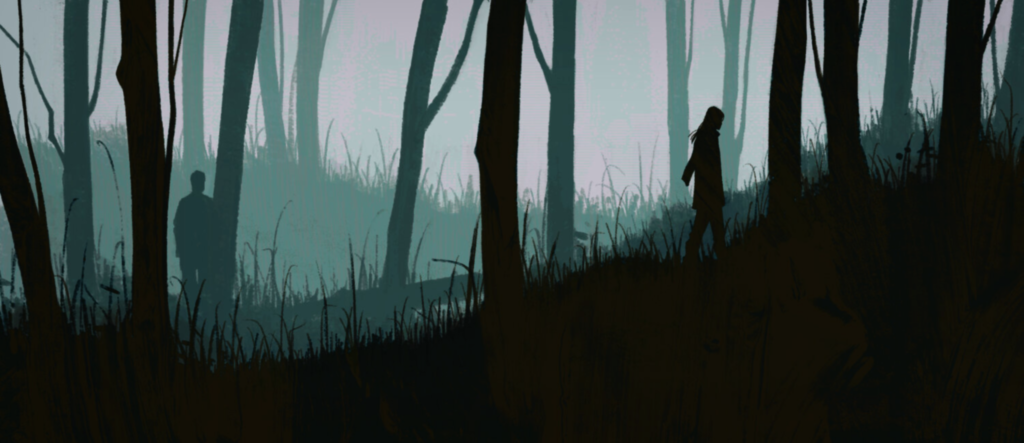Last year I gave an e-mail interview to a journalist preparing an article for a US magazine. Turned out to be one of those pieces where a dozen of you oblige and the writer cherrypicks a quote or two from each.
I never saw the piece so I’ve no idea of what may have been used and what discarded. But here’s some cherrypicking of my own.
On Adapting for the Screen
I’m slightly unusual in that I’ve had parallel careers in screenwriting and prose fiction, and the two have been scrambled together sometimes when I’ve adapted my own work. And I started in radio, which is a good grounding for both. When I’ve adapted other people’s stuff, I’ve tried to treat it as the screen story that author would have written if they’d made that choice of medium right at the beginning. With my own material I feel I can be less respectful. That may not always be a good thing.
Novels vs Screenplays
You develop a novel on your own, unsupervised, and you go whatever distance it takes. It’s like your own private R&D lab where you can feel your way through this massively complex enterprise without any distractions, and come out at the end of it with something unique and new.
In screen work you start from a pitch and then right away you get notes. From everyone. At every stage. And ignoring them is never an option. You can still do good work if you’re hooked up with people who understand the material and don’t mistake micro-management for collaboration. But here’s the thing about writing for the screen. All kinds of people can make changes to your work, but you don’t get to change what anyone else does.
The money can be good and the work can be exciting, but it can also beat you down. You can only stand that for so long. You need to have somewhere you can go to reconnect with your own vision.
More on Adaptation
I’ve changed my attitude over the years. I used to assume that the step from book to movie meant bigger, better, somehow more important. I don’t think that any more. I think there can be good books, good movies, and good movies-from-books. But good movie from good book is by no means a given. Most adaptations tend to plunder their sources for ideas, rather than set about finding their essence.
You don’t have to be slavish or faithful to capture essence. Every kid in a schoolyard does it when they hold their friends spellbound with a blow-by-blow retelling of some forbidden movie that they’ve managed to see. The trick is to bring it to life with the resources that you have.
I once had to field a query from someone who wanted to know the best way to scan the text of a novel into his screenwriting software, in order to save himself all that typing. I couldn’t even find a place to begin explaining.

One response to “Johnny Hollywood Explains It All”
As ever, words to cherish and embroider on a cushion! I loved your Guild recruitment ad which made me run off to join till I realised I was already a member.